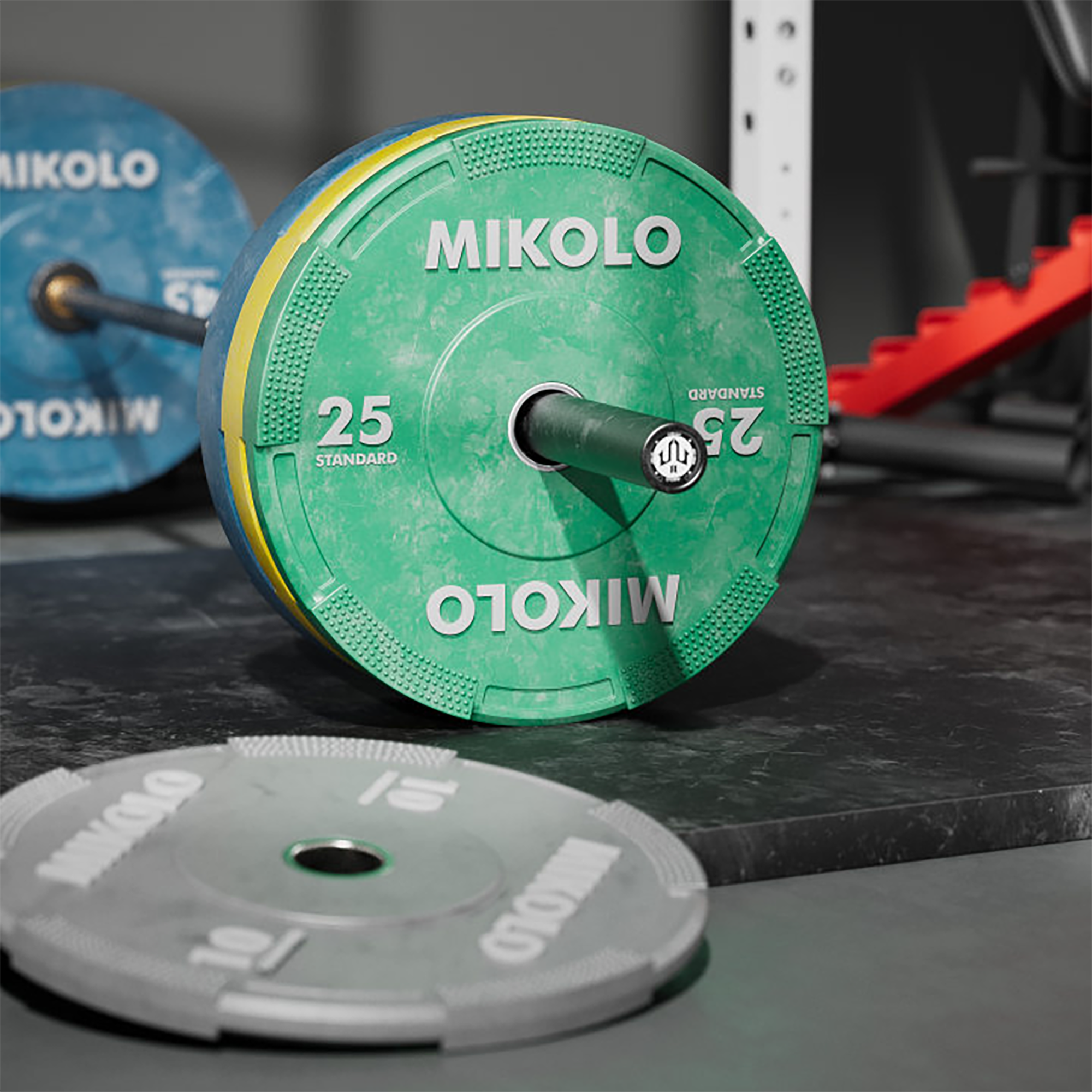Running remains one of the most straightforward and effective ways to burn calories, improve cardiovascular health, and boost overall fitness. Whether you’re lacing up your shoes for weight loss, stress relief, or endurance training, understanding how many calories you burn during a one-hour run can help you set realistic goals and track your progress.
Calories Burned Running for an Hour: The Basics
The calories you burn running for an hour largely depend on three main factors:
-
Your body weight
-
Running pace (speed and intensity)
-
Terrain and running conditions
On average:
-
A person weighing 125 lbs burns approximately 600 calories running for an hour at a moderate pace (around 5 mph).
-
A person weighing 155 lbs burns around 750 calories in an hour.
-
A person weighing 185 lbs can expect to burn roughly 900 calories in an hour.
This means that for many adults, running for an hour can burn between 500 to 900 calories, with most people landing in the 600-800 calorie range.
The Calorie Breakdown by Intensity
| Running Intensity | Calories Burned per Hour (Approx.) |
|---|---|
| Light Jogging (5 mph) | 480 – 750 calories |
| Moderate Running (6 mph) | 600 – 850 calories |
| Fast Running (7.5 mph+) | 750 – 1000+ calories |
If you’re jogging for an hour, you’ll typically burn fewer calories than if you’re running at a faster pace. Jogging at 5 mph can burn 450-600 calories per hour, while running at a 6 mph pace might burn 600-800 calories.
Why Weight Matters
Body weight plays a critical role in calorie expenditure. The heavier you are, the more energy your body needs to move. For instance:
-
A 130 lb runner may burn 550 calories running for an hour.
-
A 170 lb runner may burn 750 calories running for the same duration.
-
A 210 lb runner may see numbers exceeding 900 calories per hour.
This is why the answer to "how many calories do you burn running in an hour" can vary so much from person to person.
My Experience: Tracking Progress Beyond the Numbers
When I first started distance running, I was focused solely on calories burned per hour. I used a simple fitness watch and was surprised to see my one-hour runs fluctuated between 600 to 750 calories depending on how I felt that day. Over time, I noticed that focusing too much on numbers caused me to overlook other benefits—such as better sleep, sharper mental clarity, and improved endurance. Now, I still glance at my calorie burn after a long run, but I equally celebrate non-scale victories like smoother mile splits or the simple joy of finishing a route feeling strong.
Running for an Hour: Other Benefits Beyond Calories
While burning calories is a great motivator, running offers other meaningful health benefits:
-
Improves cardiovascular fitness
-
Enhances mood by releasing endorphins
-
Strengthens bones and muscles
-
Promotes long-term metabolic health
If your main goal is fat loss or weight maintenance, running for an hour a few times a week can be a highly effective tool when paired with a balanced diet.
Jogging vs. Running: Which Burns More Calories?
Jogging for an hour burns fewer calories than running at higher intensities. Generally:
-
Jogging for an hour: 450 – 650 calories
-
Running at a steady pace: 600 – 850 calories
-
Running with sprints or intervals: 700 – 1000+ calories
If you’re looking to maximize calorie burn in limited time, adding intervals or hills to your run can increase the intensity and overall calorie expenditure.
Summary: One Hour, Many Gains
Running for an hour can burn anywhere from 450 to 1000 calories, depending on weight, pace, and conditions. For most people, 600-800 calories per hour is a realistic range. While the calorie numbers are motivating, the benefits of running stretch far beyond—helping you feel stronger, healthier, and more energized in your daily life.
Whether you run for health, fitness, or weight control, each hour you put in is an investment in yourself.













































Leave a comment
This site is protected by hCaptcha and the hCaptcha Privacy Policy and Terms of Service apply.